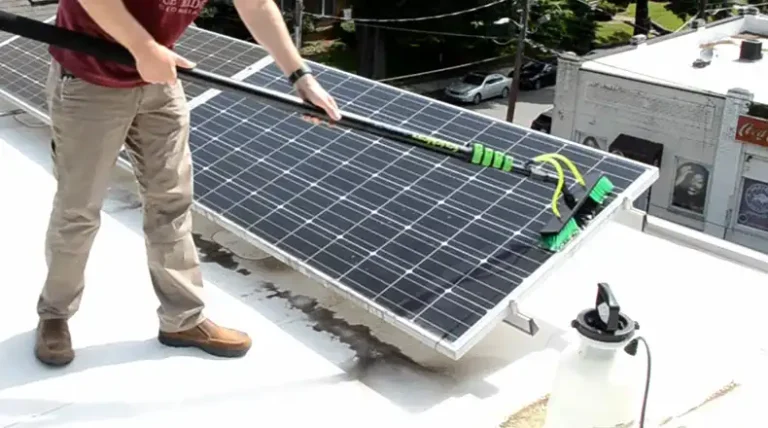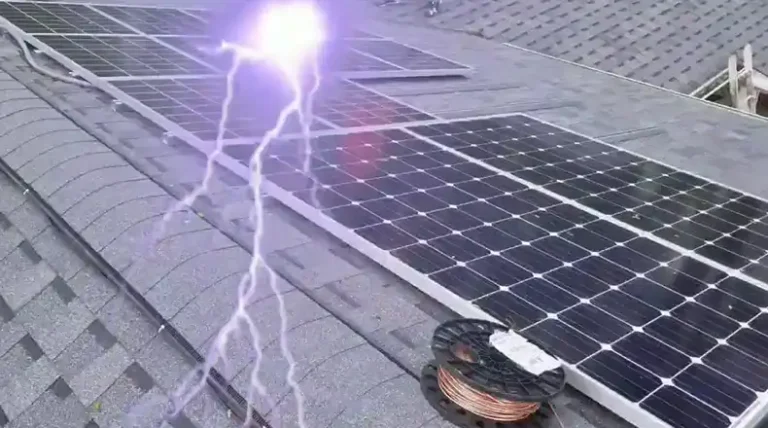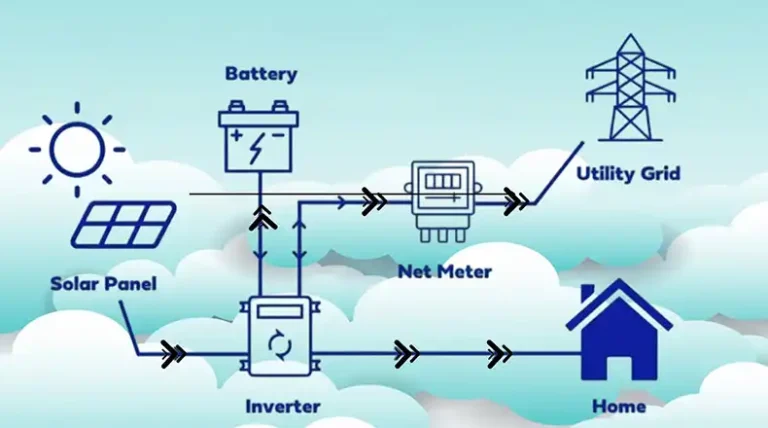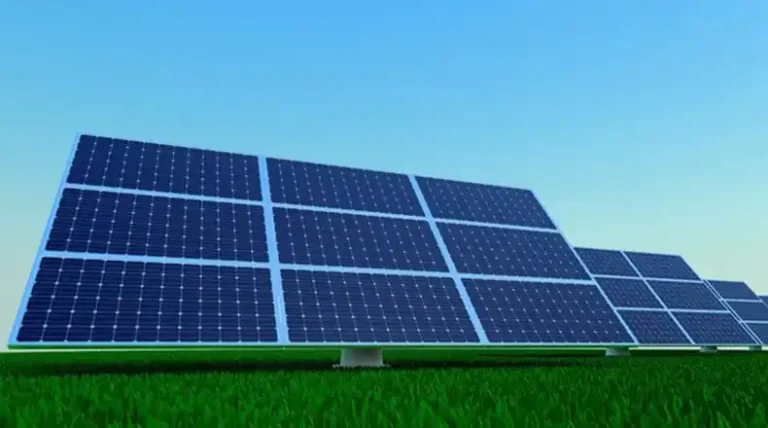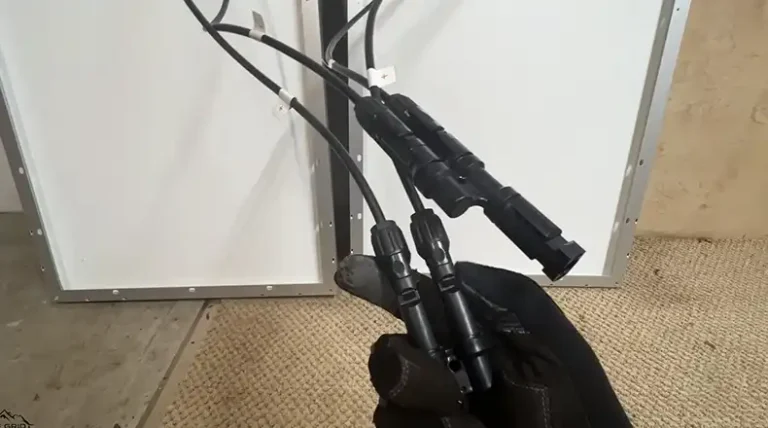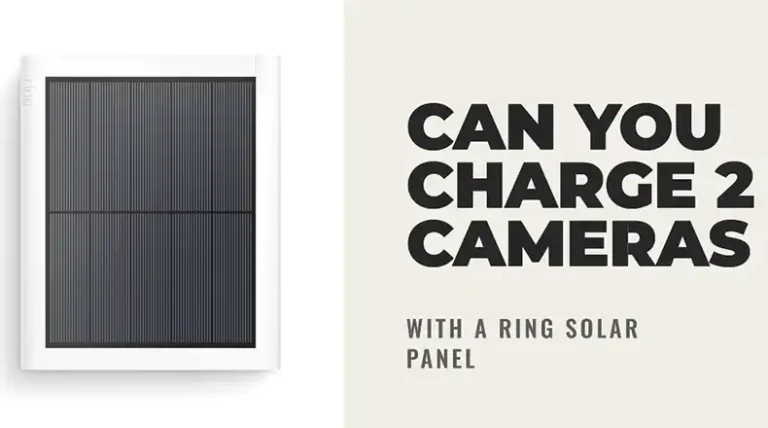Will A 1.5-Watt Solar Panel Charge A Car Battery?
Traditional battery chargers might not always be an option, especially in remote areas or during power outages. This is where the question arises: will a 1.5-watt solar panel charge a car battery?
A 1.5-watt solar panel can indeed charge a car battery, but the process will be extremely slow and may take several days or even weeks, depending on various factors such as battery capacity, sunlight exposure, and weather conditions.
If you’re curious about using a solar panel to charge your car battery, this guide will provide you with all the insights and practical tips you need. I’m gonna explain the capabilities and limitations of a 1.5-watt solar panel, the factors influencing charging efficiency, and alternative options for faster charging. So, without any further ado, let’s get started!
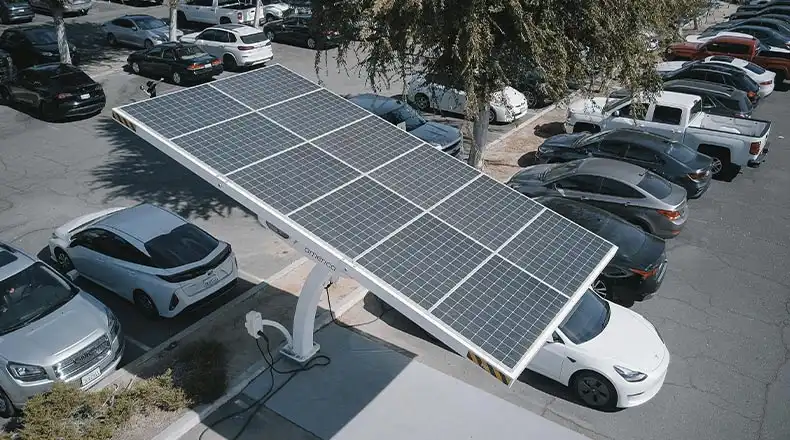
How Much Power Can a 1.5-Watt Solar Panel Produce?
Solar panels are rated by their wattage, which determines their charging capacity. A 1.5-watt solar panel is a relatively small and low-powered option, designed for charging smaller electronic devices or maintaining trickle charges on batteries. While it can charge a car battery, the charging rate will be extremely slow compared to higher-wattage panels or traditional chargers.
The charging efficiency of a solar panel is influenced by several factors, including sunlight exposure, panel orientation, temperature, and weather conditions. Direct and intense sunlight will provide the fastest charging rate, while cloudy or shaded conditions will significantly reduce the panel’s output.
Additionally, the angle at which the panel is positioned relative to the sun’s rays can impact its efficiency, with perpendicular alignment being ideal.
To put things into perspective, a typical car battery has a capacity ranging from 50 to 100 amp-hours (Ah). Using a 1.5-watt solar panel, which can provide around 0.1 amps of current in optimal conditions, it could take several weeks or even months to fully charge a completely drained battery.
In contrast, a larger 100-watt solar panel could charge the same battery in a matter of days or even hours, depending on the conditions.
What Can A 1.5-Watt Solar Panel Run?
A 1.5-watt solar panel is a relatively small and low-powered option, designed primarily for charging small electronic devices or maintaining trickle charges on batteries. While it can charge a car battery, its charging capacity is limited, and it may not be suitable for running high-power appliances or devices. Here are some typical applications for a 1.5-watt solar panel:
- Charging small batteries for portable electronics (smartphones, tablets, etc.)
- Powering low-power LED lights or small fans
- Maintaining trickle charges on boat or RV batteries
- Charging small rechargeable devices (like walkie-talkies or portable radios)
It’s important to note that the power output of a 1.5-watt solar panel is relatively low, and its ability to run or charge devices will depend on factors such as sunlight exposure, battery capacity, and the power requirements of the devices.
How Much Power is Required to Charge a Car Battery?
The power required to charge a car battery depends on the battery’s capacity and state of charge. A typical lead-acid car battery has a capacity ranging from 50 to 100 amp-hours (Ah). To fully charge a completely drained battery, you’ll need to provide the same amount of energy as its capacity.
For example, if your car battery has a capacity of 60Ah, and it’s completely drained, you’ll need to provide approximately 60 amp-hours of charge to fully recharge it. The time it takes to charge the battery will depend on the charging current provided by the solar panel or other charging source.
So, Can a 1.5-watt Solar Panel Charge a Car Battery?
Yes, a 1.5-watt solar panel can charge a car battery, but the charging process will be extremely slow due to the panel’s low power output. A 1.5-watt solar panel can provide around 0.1 amps of current in optimal conditions, which is a very low charging rate for a car battery.
How Long It Will Take a 1.5-Watt Solar Panel to Charge a Car Battery?
The charging time for a car battery using a 1.5-watt solar panel can vary significantly depending on several factors:
- Battery capacity: Larger batteries with higher amp-hour ratings will take longer to charge.
- State of charge: A completely drained battery will take longer to charge than a partially charged one.
- Sunlight exposure: The amount of direct sunlight the solar panel receives will affect its output and charging rate.
- Weather conditions: Cloudy or overcast conditions will reduce the panel’s output and slow down the charging process.
In general, you can expect it to take several days or even weeks to fully charge a typical car battery with a 1.5-watt solar panel under optimal conditions. For example, it could take up to 4-6 weeks to fully charge a 60Ah battery that is completely drained, assuming optimal sunlight exposure and ideal conditions.
Practical Tips for Charging Car Batteries with a 1.5-Watt Solar Panel
When charging a car battery with a 1.5-watt solar panel, it’s important to set realistic expectations and understand the limitations of this low-wattage setup. Here are some practical tips to ensure a successful charging experience:
- Set realistic expectations for charging times
- Consider combining solar charging with other charging methods (e.g., traditional chargers)
- Monitor the charging process closely and avoid overcharging
- Ensure proper wiring and connections to prevent potential hazards
Alternative Solar Panel Options for Faster Car Battery Charging
While a 1.5-watt solar panel can charge a car battery, the process can be slow and may not be practical for those in need of a quicker charge. If you’re looking for a faster and more efficient solar charging solution, consider exploring higher-wattage solar panels or solar panel kits specifically designed for car battery charging.
Higher-Wattage Solar Panels
For those in need of a faster and more efficient solar charging solution, consider exploring higher-wattage solar panels or solar panel kits specifically designed for car battery charging. For instance, a 100-watt solar panel can charge a typical car battery in a matter of days or even hours, depending on the conditions.
Solar Panel Kits for Car Battery Charging
Several manufacturers offer solar panel kits designed specifically for car battery charging. These kits often include multiple solar panels, charge controllers, and necessary wiring and mounting hardware, making the setup process more convenient and streamlined.
Cost-Benefit Analysis
When considering alternative solar panel options, it’s important to conduct a cost-benefit analysis and evaluate your specific needs and usage patterns. While higher-wattage panels and kits may be more expensive upfront, they can save time and provide greater convenience in the long run, especially for those who frequently need to charge their car batteries or prefer a more reliable and efficient charging solution.
Final Thought
In conclusion, while a 1.5-watt solar panel can charge a car battery, it may not be the most practical solution for those needing a quick charge. However, for patient individuals willing to embrace eco-friendly alternatives, solar charging can be viable when access to traditional power sources is limited. Having knowledge about battery requirements, optimizing panel setup, and managing expectations regarding charging times based on factors like capacity, charge state, sunlight exposure, and panel orientation is crucial for successful solar charging. If you have further questions, feel free to ask our solar experts dedicated to helping you make informed decisions about solar charging solutions.
FAQs
Q: Can I use a 1.5-watt solar panel to charge my car battery while driving?
A: No, it is not recommended to use a small 1.5-watt solar panel to charge your car battery while driving, as the charging rate would be minimal and may not be sufficient to compensate for the battery’s discharge rate during operation.
Q: How long does it typically take to fully charge a car battery with a 1.5-watt solar panel?
A: The charging time can vary significantly based on factors like battery capacity, state of charge, and sunlight exposure, but it can take several days or even weeks to fully charge a typical car battery with a 1.5-watt solar panel under optimal conditions.
Q: Is it safe to leave a solar panel connected to a car battery for extended periods?
A: Yes, it is generally safe to leave a solar panel connected to a car battery for extended periods, as long as you follow proper charging practices and use a charge controller to prevent overcharging and maintain battery health.
Q: Can I use multiple 1.5-watt solar panels to charge my car battery faster?
A: Yes, you can connect multiple 1.5-watt solar panels in parallel to increase the overall wattage and charging rate, but you will need to ensure proper wiring and compatibility with your charge controller. Additionally, you’ll need to consider the cost and space requirements of using multiple panels.
Q: What are the benefits of using solar panels to charge car batteries over traditional chargers?
A: Solar panels offer several benefits over traditional chargers, including being eco-friendly, portable, and independent of external power sources, making them a convenient option for charging batteries in remote or off-grid situations. Additionally, solar panels can provide a sustainable and cost-effective solution in the long run, especially in areas with abundant sunlight.

